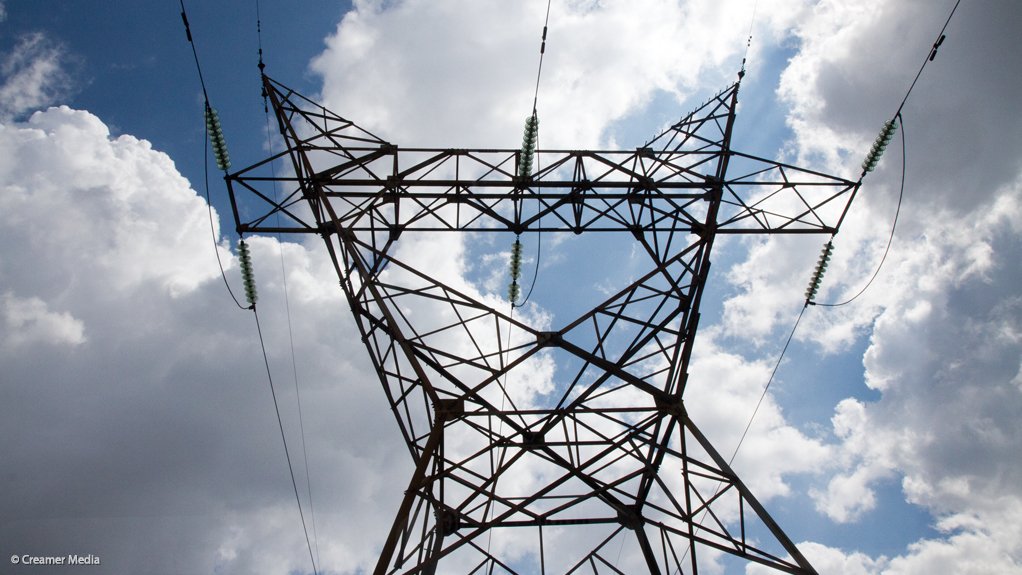Energy analyst and EE Publishers MD Chris Yelland warned on Thursday against excessive optimism regarding timescales for the proposed construction of new nuclear power plants (NPPs) in South Africa. He was speaking at a Nuclear Roundtable in Johannesburg. “I think we need to temper our optimism with a dose of reality and accept that it does take a long time to build in South Africa,” he said.
He cited the cases of the Medupi and Kusile coal power stations, currently under construction and running years late. Consequently, Yelland does not expect that a new NPP in South Africa could be operational within ten years. “I have serious questions about the economics, the procurement process and the policies [regarding nuclear power in South Africa],” he said. “I have serious questions about [the availability of] skills.”
“My gut feeling is that these are not technological issues we’re facing,” he affirmed. “It’s not a technology problem [with regard to nuclear power] – it may be a management problem.” It could also be an economic problem.
He listed some of the problems with nuclear energy – NPPs are very expensive to build, they take a long time to build, once operational they are inflexible and, after commissioning, they do not directly employ many people. However, he opined that both the risks with nuclear energy and the radioactive waste from NPPs could both be managed.
He also listed the advantages of nuclear energy. “An NPP has a life of 60 years. A coal power station has a life of 30 years – it can be extended to 50, but with a major refurbishment.” Renewables currently have a design life of 20 years, although it is not yet known if they will meet this or not. “Nuclear has 90% availability. This is very high.” Fuel costs, staff costs and maintenance costs are low or very low. “Nuclear is the only [energy] technology that factors in the full cost of decommissioning the power station.” Coal and renewables do not do so. And nuclear creates highly skilled employment.
“The [nuclear] technology is mature,” he pointed out. “Without the nuclear new build it’s hard to imagine how we’d meet our international [climate change] commitments. On its own, nuclear is not the solution to South Africa’s energy problems. Nor are renewables or coal. We need a balanced portfolio. I do think nuclear is part of the solution.”
He noted that the Department of Energy (DoE) was indeed trying to develop a balanced energy portfolio for the country. However, he expressed concern about the DoE’s “central planners” and the government’s desire to centrally plan the country’s energy system. He believed that they would be unable to do this.
The roundtable was organised by local company Nuclear Africa. It was sponsored by Russian State-owned nuclear group Rosatom.
EMAIL THIS ARTICLE SAVE THIS ARTICLE
To subscribe email subscriptions@creamermedia.co.za or click here
To advertise email advertising@creamermedia.co.za or click here











